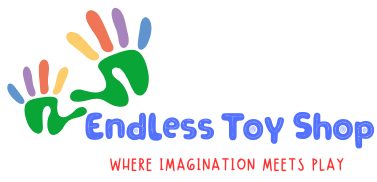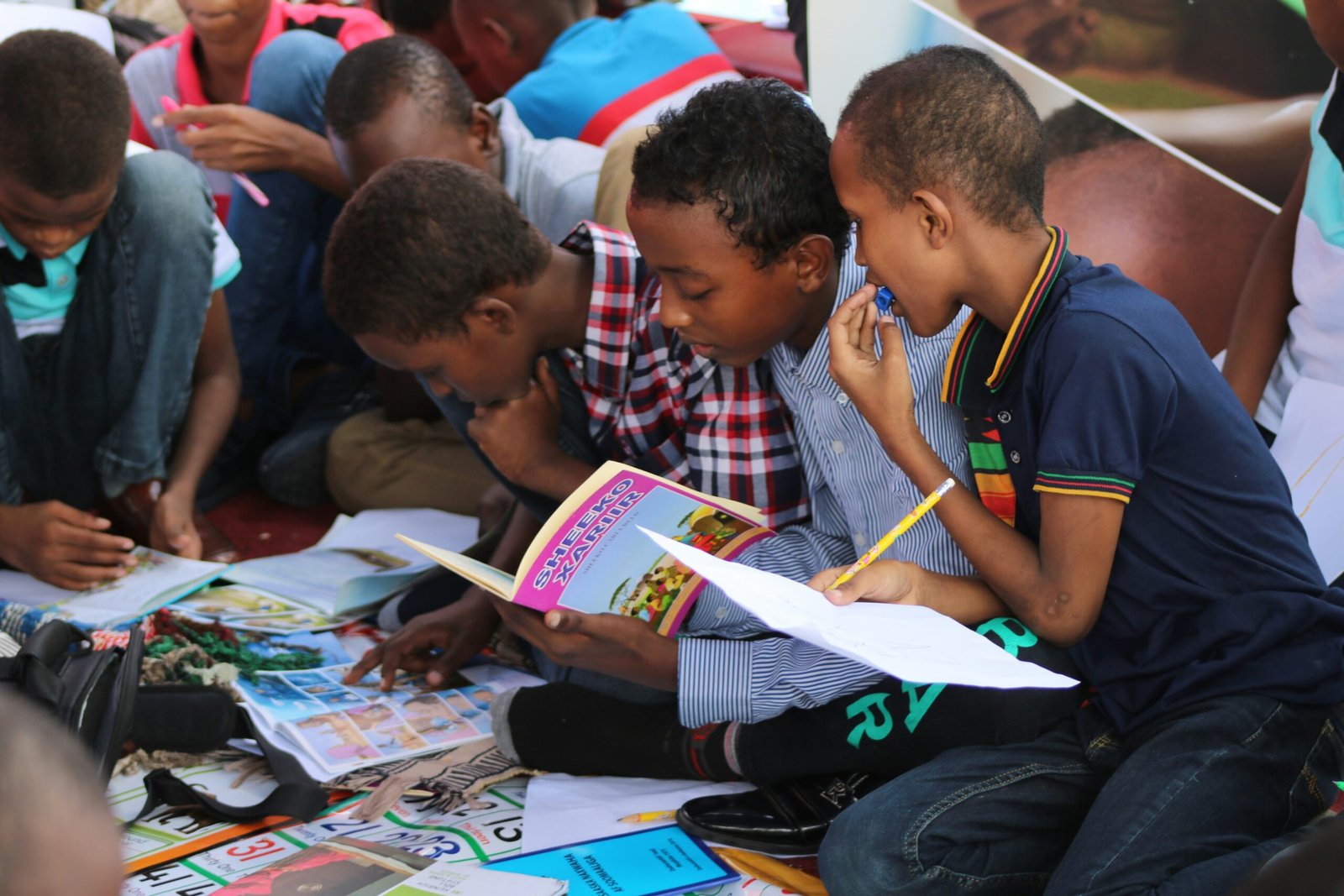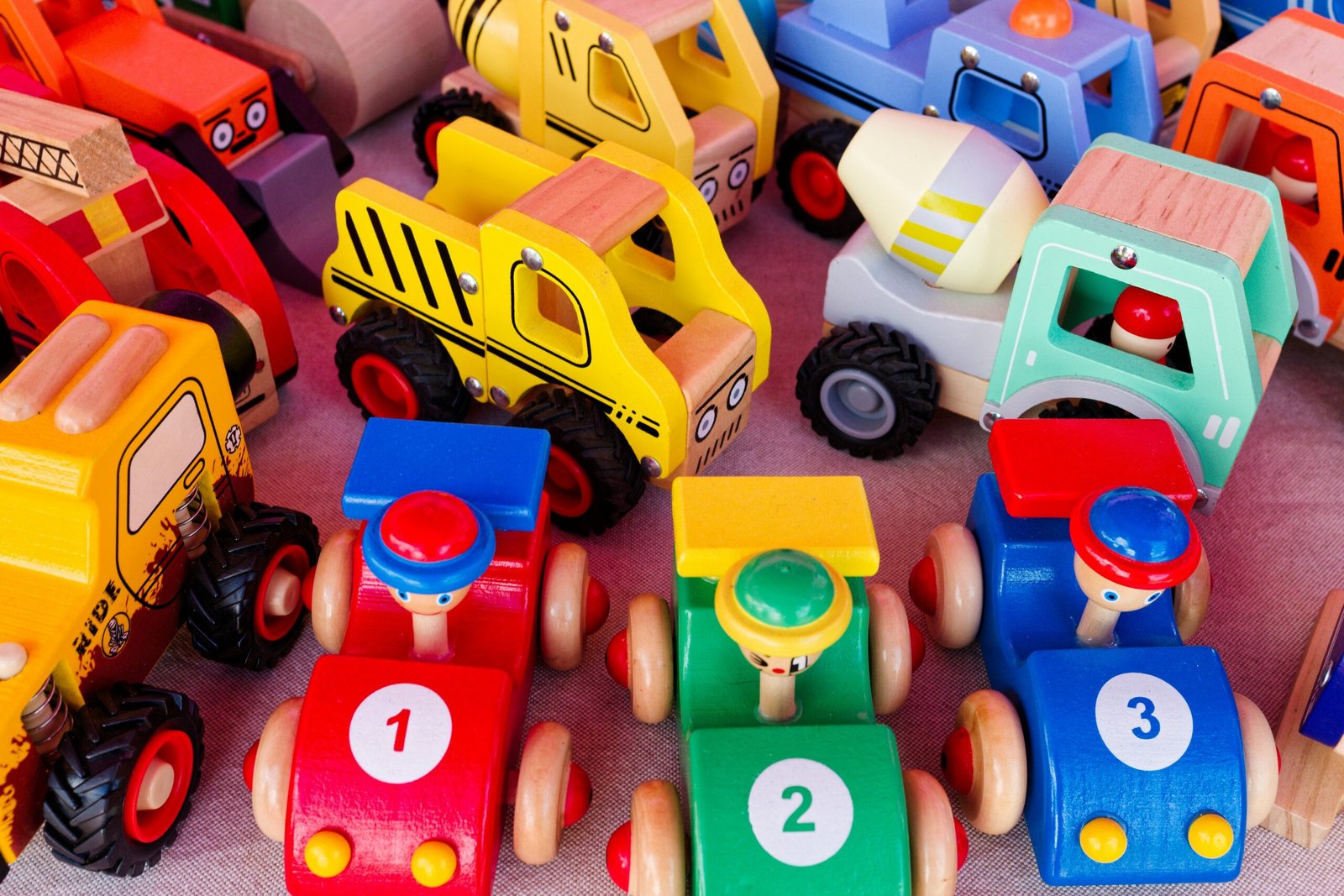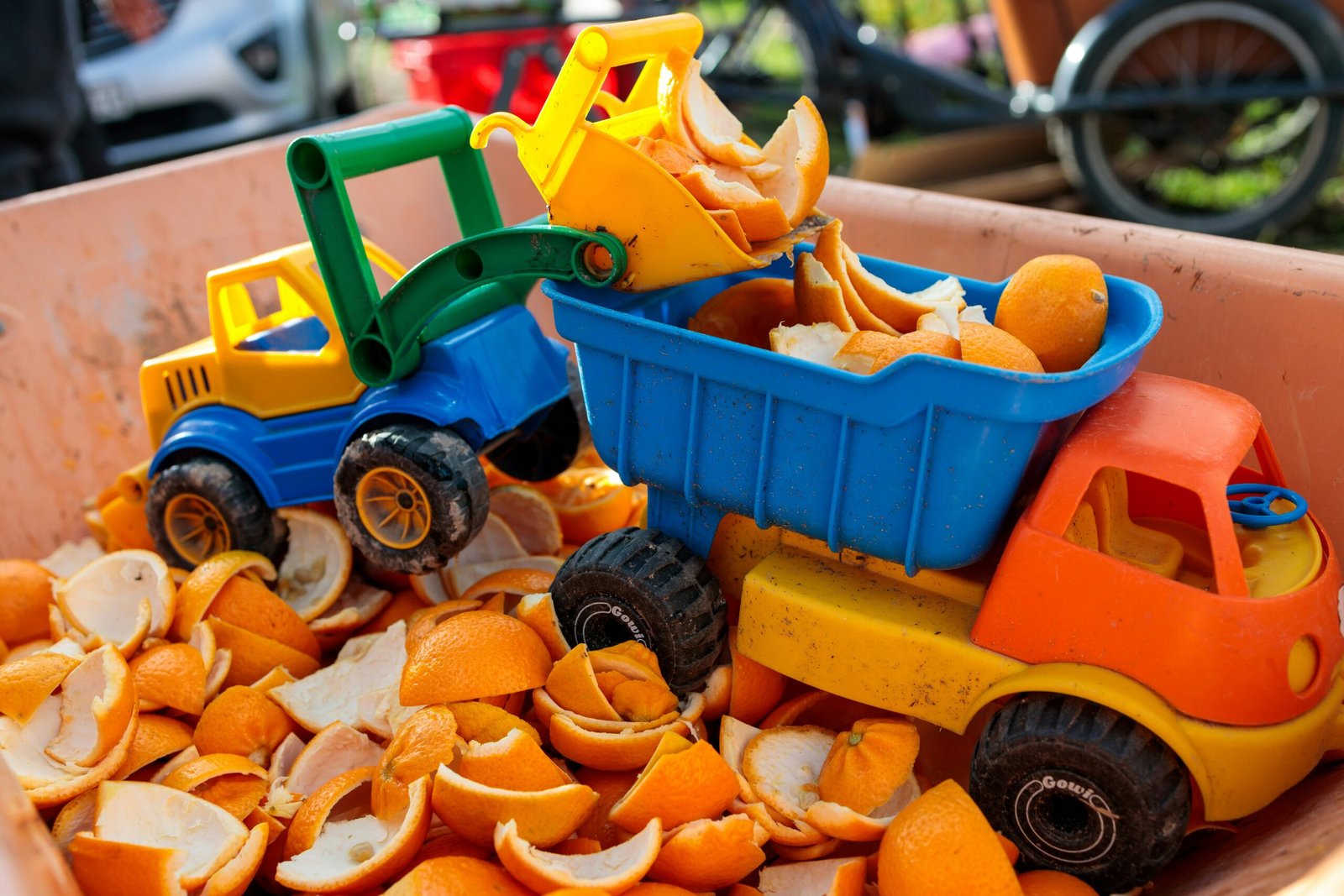The Role of Toys in Enhancing Creativity
Toys play a pivotal role in the enhancement of creativity in children, acting as catalysts that inspire imaginative thinking and problem-solving abilities. Open-ended toys, such as building blocks, art supplies, and even simple household items, provide a platform for children to explore their ideas freely. Unlike toys with predefined purposes, open-ended options encourage children to manipulate and engage with materials in a variety of ways, thus fostering original thought and creativity.
The significance of integrating creative toys into playtime cannot be overstated. Research shows that the interactions children have with these toys bolster cognitive development and critical thinking skills. As children engage in imaginative play, they learn to form narratives and experiment with different scenarios, which enhances their ability to think outside the box. For example, a set of building blocks allows a child to envision a structure, plan its construction, and adapt their approach if the original idea does not materialize. Such experiences are foundational in developing innovative and analytical minds.
Moreover, by exposing children to various materials and scenarios, parents and educators can provide rich opportunities for creative expression. Art supplies, for instance, enable children to communicate their thoughts visually, while role-playing toys facilitate the exploration of social dynamics and emotional intelligence. Engaging with diverse creative toys can significantly stimulate a child’s cognitive processes and promote their confidence in expressing ideas.
The integration of creative play into everyday activities not only nurtures creativity but also equips children with essential life skills. The connection between imaginative play and cognitive development highlights the importance of thoughtfully selecting toys that promote creativity, ultimately paving the way for future innovators and problem solvers.
Learning Through Play: The Educational Benefits of Toys
Toys are much more than just tools for entertainment; they play a crucial role in children’s education and development. Through the concept of ‘learning through play,’ children engage in activities that enhance their cognitive, emotional, and social skills. This approach enables children to explore new concepts in a hands-on manner, reinforcing knowledge acquired in formal educational settings.
Numerous toys are specifically designed to teach fundamental skills that are essential to child development. For instance, counting blocks can help children grasp early mathematics by allowing them to visually and physically manipulate numbers. Similarly, alphabet puzzles promote language development by associating letters with their shapes and sounds, making learning an engaging experience. These toys encourage children to repeat activities, which solidifies their understanding and retention.
Moreover, toys that encourage cooperative play, such as board games and building sets, foster social interaction among peers. These types of toys often require children to work together, take turns, and communicate effectively, thereby developing important social skills. They help children navigate social dynamics and build relationships, which are essential skills as they grow older.
Furthermore, many educational toys are aligned with developmental milestones, catering to various age groups and learning styles. For instance, STEM-based toys—ranging from simple science kits to complex robotics—offer children opportunities to explore science, technology, engineering, and math in a fun, interactive manner. Parents can successfully promote a love for learning by selecting toys that align with their child’s interests and developmental needs.
In conclusion, the educational benefits of toys cannot be overstated. They provide crucial opportunities for children to explore, create, and learn, all while playing, thus laying a strong foundation for lifelong learning.



